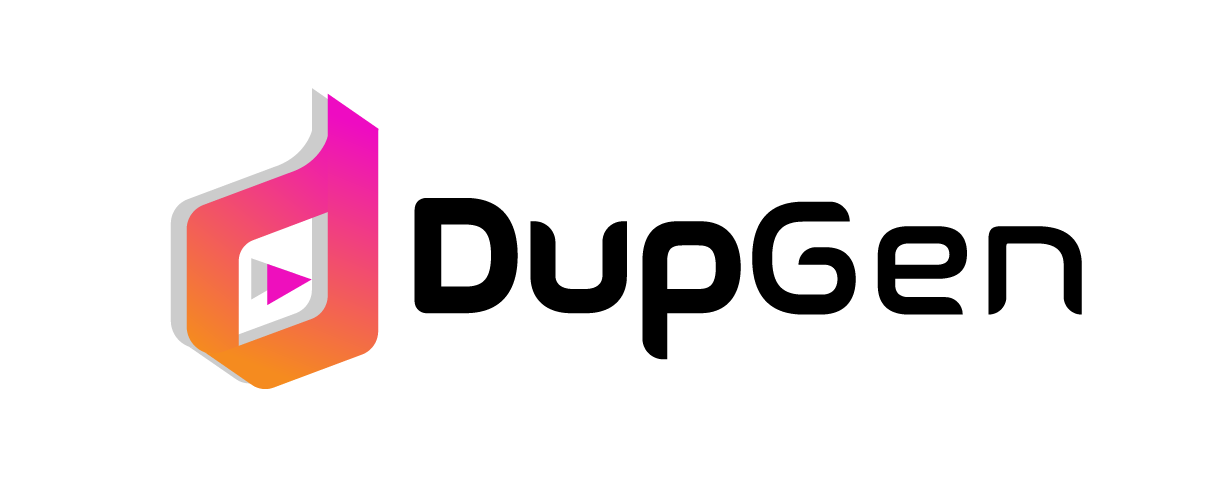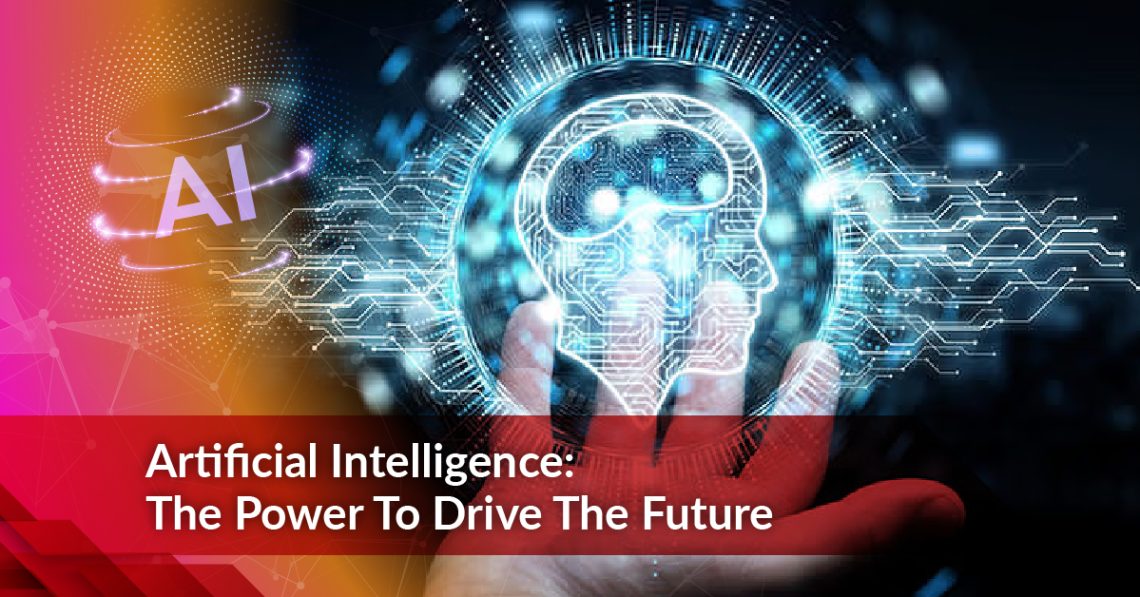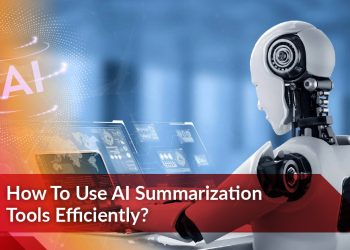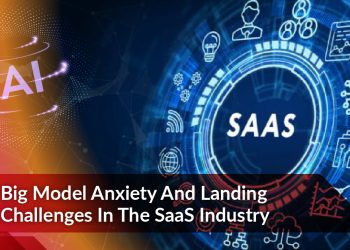Artificial Intelligence (AI) is rapidly changing our world. From smart assistants in everyday life to automated systems in industry, the advancement of AI technology has allowed us to witness innovations like never before. In this article, we will take you through what AI is, its core technologies, and how it is impacting different industries and our future.
I. What is Artificial Intelligence?
Artificial Intelligence is technology developed through computer science and algorithms that mimic human thinking and behavior.AI systems are able to process large amounts of data, analyze trends, make decisions, and even self-learn to improve their ability to perform complex tasks. One of the most common applications of AI is Machine Learning, which learns from data and continuously improves performance. Another key technology is Deep Learning, which mimics the neural networks of the human brain and is capable of performing more complex tasks such as image recognition and language translation.
II. Core Technologies of Artificial Intelligence
Machine Learning: Machine Learning is a key technology of AI, where models are trained with data and algorithms are able to adjust themselves and make accurate predictions. It is widely used in medical diagnosis, stock market prediction, recommendation system and other fields.
Natural Language Processing (NLP): NLP enables machines to understand, generate and respond to human language. This technology is used in scenarios such as virtual assistants (e.g. Siri and Alexa), chatbots, text translation and content generation.
Computer Vision: Computer vision “sees” the world through image and video analysis. It is widely used in self-driving cars, security surveillance, facial recognition and other fields.
Deep Learning: Deep Learning mimics the neural network of the human brain and is able to process large amounts of complex data and learn and improve automatically. This technology performs particularly well in difficult tasks such as speech recognition, autonomous driving and image generation.
III. How Artificial Intelligence Impacts Industries
Healthcare: AI is revolutionizing the healthcare industry, helping doctors make more accurate diagnoses and treatments.AI can analyze patient data, provide personalized treatment plans, and play an important role in drug development and genetic research. For example, AI can identify diseases through medical images and detect hidden problems such as cancer even earlier than human doctors.
Finance: the application of AI in the financial industry is mainly reflected in risk management, fraud detection and intelligent investment. Through in-depth analysis of market data, AI can help banks and financial institutions make more accurate decisions. In addition, AI can automate trading and predict future market trends based on historical data.
Finance: the application of AI in the financial industry is mainly reflected in risk management, fraud detection and intelligent investment. Through in-depth analysis of market data, AI can help banks and financial institutions make more accurate decisions. In addition, AI can automate trading and predict future market trends based on historical data.
Education: AI is changing the traditional way of education. Intelligent teaching platforms can provide personalized learning advice based on students’ learning and interests. In addition, AI-assisted teaching systems can help teachers reduce their burden and focus on the growth of individual students.
IV. Future Trends of Artificial Intelligence
Combination of AI and IoT: In the future, the deep combination of AI and the Internet of Things (IoT) will lead to smarter home, city and industrial systems. Smart home devices, smart city management, and Industry 4.0 will all rely on AI for automation and optimization.
Augmented Reality and Virtual Reality (AR/VR) combined with AI: AI will be combined with Augmented Reality (AR) and Virtual Reality (VR) technologies to create more immersive and interactive experiences. This will change the way we interact in entertainment, education and work.
General Artificial Intelligence (AGI): While AI at this stage is known as “narrow AI” (focusing on specific tasks), researchers are developing “general artificial intelligence” (AGI), which will be able to handle a wide range of tasks as well as humans. The realization of this technology will mark a new level of AI.
Conclusion
Artificial intelligence is profoundly changing our world, from improving efficiency to driving innovation, the potential of AI is limitless. While we are still exploring the boundaries of AI, it is certain that AI will be the future of economic, social and technological development.
Are you ready to dive deeper into the topics you love? Visit our website and discover a treasure trove of articles, tips, and insights tailored just for you!





